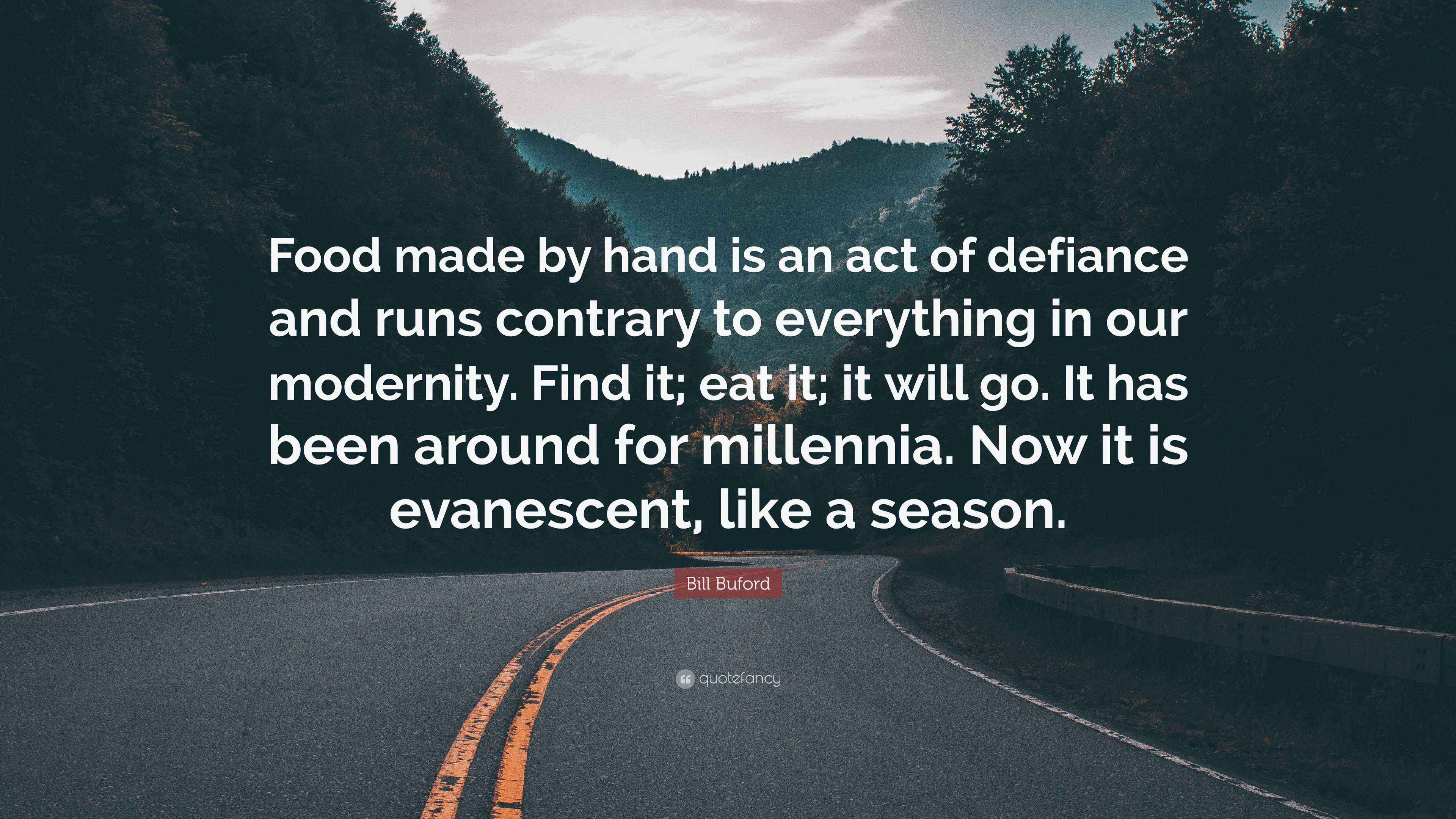
We do not make money by buying food and throwing it away." "Remember our rule: we make money by buying food, fixing it up and getting other people to pay for it. Batali fishes out of the garbage can and shakes accusingly. He learns to waste nothing, not even the leafy tops of celery stalks, which an enraged Mr. He slices and chops thousands of carrots and onions. Buford quickly learns that the road to wisdom is paved with mind-numbing repetition.


It is every bit as revealing as Anthony Bourdain's "Kitchen Confidential," with less of the bombast and posturing. Buford develops a superbly detailed picture of life in a top restaurant kitchen and the way professional chefs and their minions operate. Buford orbits like a wobbly planet and the life-giving source of "Heat."īy hanging around Mr. Those who are curious will learn much about pasta, polenta and the arcana of Italian cuts of meat, but throughout the book the radiant figure of Mr. Buford loses himself, and the reader, in his manic search for the key that will unlock the deepest secrets of Italian cuisine. Batali's unconsciously Hemingwayesque formulation, "consistency under pressure." That, he is told, separates the home cook from the professional. Buford yet again into a physically demanding, often dangerous world that tests his powers of endurance and demands that he show, in Mr.

Buford ran with the pack, an experience set down in "Among the Thugs." "Heat" thrusts Mr. To satisfy his curiosity about British soccer hooligans, Mr. Men come to know themselves and achieve transcendence through physical suffering, a quest with strong sadomasochistic overtones. Buford, the former fiction editor of The New Yorker and now a staff writer for the magazine, carries on the Hemingway tradition in American letters. "Heat" is the record of this ordeal by fire. He shed pints of blood, took regular splash baths in hot oil and, on one memorable occasion, set his apron ablaze. Buford decided that he had to put himself to the test, which turned out to be a regimen of humiliation and physical abuse. Like many an enthusiastic home cook before him, he wondered if he, too, could cut it in a professional kitchen.Ī normal person would immediately come up with the correct answer, which is no, and then buy a nifty set of silicon baking sheets from Williams-Sonoma. Batali's cult Italian restaurant in Greenwich Village.

He had been spending a lot of time with his highly colorful subject, much of it in the tiny kitchen of Babbo, Mr. While writing a New Yorker profile of Mario Batali, the chef and restaurateur, Bill Buford asked himself a dangerous question.


 0 kommentar(er)
0 kommentar(er)
